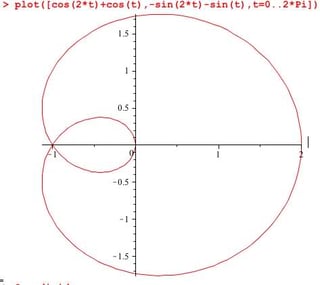I took Viète's infinite product for $\frac{2}{\pi}$:
$\displaystyle \dfrac{2}{\pi} = \dfrac{\sqrt2}{2} . \dfrac{\sqrt{2+\sqrt2}}{2} . \dfrac{\sqrt{2+\sqrt{2+ \sqrt2}}}{2} \dots$
and made it generic:
$\displaystyle v = |\dfrac{\sqrt{z}}{z} . \dfrac{\sqrt{z+\sqrt{z}}}{z} . \dfrac{\sqrt{z+\sqrt{z+ \sqrt{z}}}}{z} . \dots |$
Checked whether other converging values for $v$ exist and found three more (by trial & error):
$z=-1$ yielding $1.29425...$
$z=i-1$ yielding $0.92741...$
$\displaystyle z=i+ \frac13 (1+ \sqrt[3]{(28-3 \sqrt{87})}+\sqrt[3]{(28+3 \sqrt{87})})$ yielding $0.64801...$
Tested the necessary (but not sufficient) convergence of the 'final' factor to 1 by using:
$\displaystyle a = \sqrt{z+\sqrt{z+ \sqrt{z} \dots}}$
then solving $a$ via:
$a = \sqrt{z + a}$
and indeed $\displaystyle |\frac{a}{z}|=1$ for all these three values.
How could this be proven? Are there more converging values $v$?
Are these values for $v$ connected in any way e.g. on a circle in the complex plane or to other mathematical constants (did check Plouffe's, Wolfram Math and Sloane's but without any result)?
Thanks!

